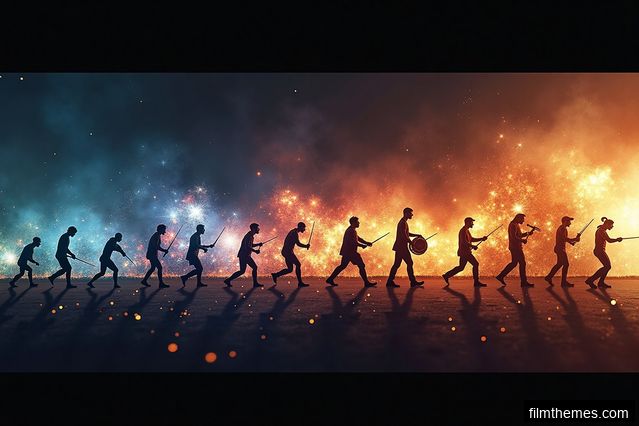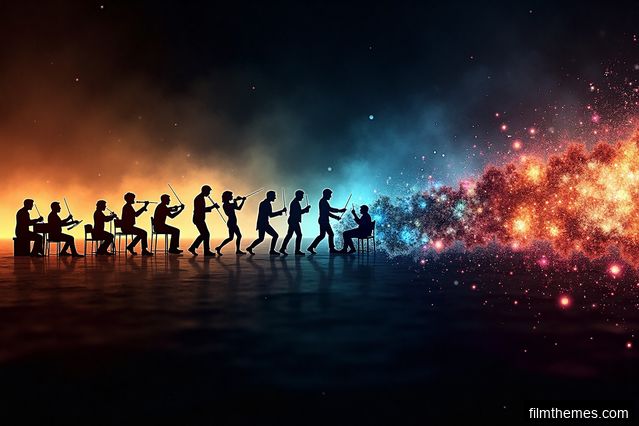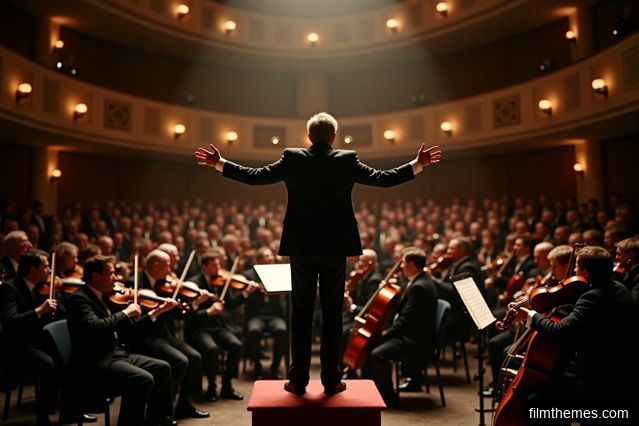The Golden Age of Film Scores
In the early decades of cinema, film scores were primarily composed for live orchestras that accompanied silent films. Composers like Max Steiner and Alfred Newman pioneered the use of orchestral arrangements to enhance the emotional impact of the storytelling. These scores relied heavily on leitmotifs, recurring musical themes associated with specific characters or ideas, creating a rich and memorable musical tapestry.
The Birth of Soundtracks
With the advent of sound in films, the role of film scores expanded. Composers started to create original scores specifically tailored to enhance the mood and atmosphere of each scene. This era saw the rise of composers like Bernard Herrmann and Erich Wolfgang Korngold, who crafted iconic scores for films such as "Psycho" and "The Adventures of Robin Hood." These scores relied on a mix of orchestral arrangements and innovative sound design techniques to immerse audiences in the cinematic experience.
The Influence of Popular Music
In the 1960s and 1970s, popular music began to heavily influence film scores. Composers like John Barry and Ennio Morricone embraced the use of popular music genres, such as jazz and rock, to create memorable scores that reflected the cultural zeitgeist. Films like "James Bond" and "The Good, the Bad, and the Ugly" featured iconic theme songs that became as synonymous with the films as the characters themselves.
The Rise of Electronic Scores
In the 1980s and 1990s, advancements in technology opened up new possibilities for film scoring. Synthesizers and electronic instruments became integral to the creation of scores, allowing composers like Vangelis and Hans Zimmer to experiment with unique and futuristic soundscapes. This era saw the fusion of orchestral arrangements with electronic elements, resulting in scores that were both epic and cutting-edge.
The Modern Era of Film Scores
In recent years, film scores have become increasingly diverse and experimental. Composers like Alexandre Desplat and Jóhann Jóhannsson have pushed the boundaries of traditional scoring techniques, incorporating unconventional instruments and unconventional approaches to create truly unique soundtracks. Additionally, the use of licensed songs in films has become more prevalent, with filmmakers carefully curating soundtracks that enhance the narrative and evoke specific emotions.
The Future of Film Scores
As technology continues to evolve, the possibilities for film scores are endless. Virtual reality and interactive experiences may revolutionize the way audiences engage with music in films. Additionally, the integration of artificial intelligence into the creative process may lead to entirely new ways of composing and experiencing film scores. The future holds exciting prospects for film music, and we can't wait to see what comes next.








